Keywords: Immigration Detention
-
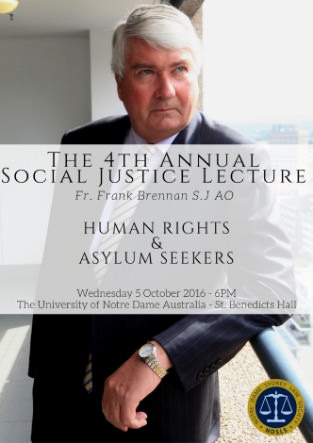
AUSTRALIA
- Frank Brennan
- 06 October 2016
8 Comments
Australia's policy is unique and unrepeatable by other nations because it requires that you be an island nation continent without asylum seekers in direct flight from the countries next door and that you have access to a couple of other neighbouring island nations which are so indigent that they will receive cash payments in exchange for warehousing asylum seekers and proven refugees, perhaps indefinitely. The policy over which Turnbull presides is not world best practice. It's a disgrace.
READ MORE
-
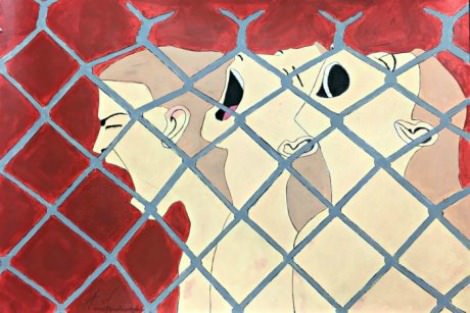
AUSTRALIA
- Lisa Stewart
- 26 September 2016
21 Comments
In the early hours of Wednesday morning, 21 September 2016, a young asylum seeker was forcibly removed from the Maribyrnong Immigration Detention Centre. With barely time to scramble his possessions together, he was taken away, placed on a plane and, along with four others, transferred to the high security detention facility on Christmas Island. Why? Because he's done something wrong? Because he's a criminal? No. Just because that's the way we now do things here.
READ MORE 
-

AUSTRALIA
- Samuel Dariol
- 21 September 2016
10 Comments
In the last week Turnbull has lauded, as the world's best refugee policy, a system that has resettled no refugees over three years. Dutton has stated that asylum seekers will continue to be processed in Nauru for decades, and described the Australian policy, of which detention on Nauru is part, as compassionate and effective. These comments follow recent reports by NGOs Save the Children and UNICEF, as well as the Australian Human Rights Commission, on offshore detention. Both urge an end to it.
READ MORE 
-

AUSTRALIA
- Fatima Measham
- 15 September 2016
3 Comments
In Mexico, a 12-year old boy walked onto the road to stare down an 11,000-strong anti-LGBTQ protest. In Italy, a small town has been revived by the arrival of refugees and migrants. In the US, NFL quarterback Colin Kaepernick has pulled the issue of police brutality into apolitical spaces, using symbolic gestures to draw out the history of racialised oppression. As Democratic vice-presidential nominee Tim Kaine puts it, 'If you want to be right, be a pessimist, if you want to do right, be an optimist.'
READ MORE 
-
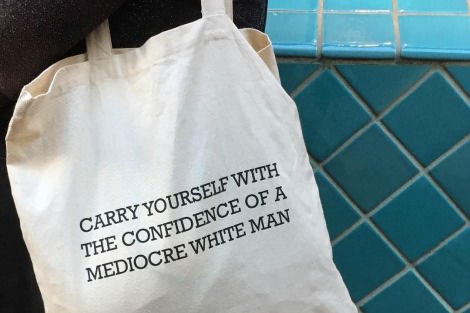
AUSTRALIA
- Fatima Measham
- 05 September 2016
5 Comments
Unless feminism abandons its individualistic, secular, western framing of freedom, it cannot presume to liberate all women. Some of its recent concerns give away limitations: whether this politician identifies as feminist, whether child-raising is self-sabotage, whether women abandon autonomy when they take their husband's name. I wonder sometimes whether it is ever possible to talk about sexual exploitation of women in Asia without getting entangled in sex positivity and legal sex work.
READ MORE 
-
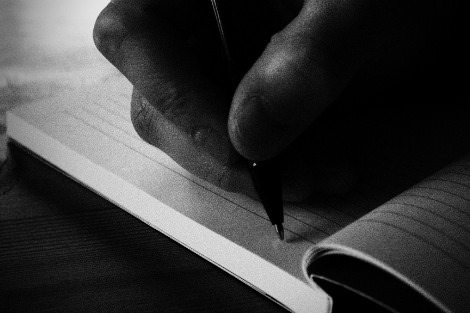
AUSTRALIA
- Shira Sebban
- 15 August 2016
14 Comments
Sobs rack his body. Under the Fast Track Assessment process being used to clear the backlog of protection claims, the nondescript official sitting opposite him, or one of his colleagues, will most likely be the one to decide his fate. 'Should you be found not to engage Australia's protection obligations, the government may share your biographical details with the authorities of your country of origin,' the official intones. 'If you give them information about me I will be killed,' comes the chilling reply.
READ MORE 
-
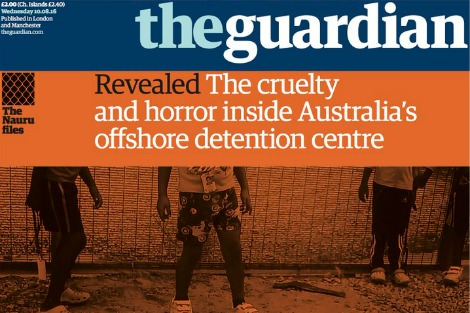
AUSTRALIA
- Fatima Measham
- 11 August 2016
11 Comments
The Guardian has released incident reports that lay bare the details of life on Nauru for people detained under our immigration regime. It is an 8000-page indictment of the ethical and moral character of this country. We've been here before. We already know that the torment of children does not move the political class, nor do the indignities meted out to women. Men have died under circumstances that flow from decisions nominally made on our behalf. What would it take to break the impasse?
READ MORE 
-

AUSTRALIA
- Julie Kimber
- 27 July 2016
13 Comments
The 4 Corners report into the treatment of children in a NT juvenile justice facility is a stark and grotesque demonstration of state abuse of power. As a result John Elferink, NT Corrections Minister, has been sacked, and the Prime Minister has announced a royal commission into the actions at Don Dale. This is a good start, but there is much more to be done. We need to question a culture that willingly imprisons the most vulnerable, and puts up with a system where not all are equal before the law.
READ MORE 
-

AUSTRALIA
- Frank Brennan
- 30 May 2016
5 Comments
'Being in the middle of an election campaign, I will not be making any partisan party political points. However being here in the bellwether seat of Eden-Monaro, I will conclude with a critique of both major political parties, and with one piece of political advice for citizens of goodwill seeking a national asylum policy more in harmony with the ideals set out by our bishops in their social justice statement.' Yass Catholic Parish Potluck Dinner, 28 May 2016
READ MORE
-
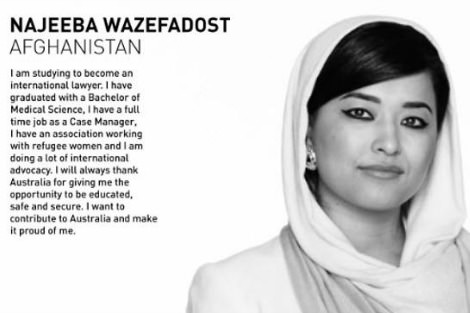
AUSTRALIA
- Somayra Ismailjee
- 20 May 2016
33 Comments
The irony of trying to negate these stereotypes is that in doing so, we are still cheapening asylum seekers to political tools, stripping them of their humanity and multiplicity. Aiming to counter such rhetoric as Dutton's with stories of high-achieving refugees plays into a toxic game that legitimises the same negative stereotypes by engaging with them. Just as invisibility dehumanises asylum seekers, so does the hypervisibility we attribute to a select few stories.
READ MORE 
-
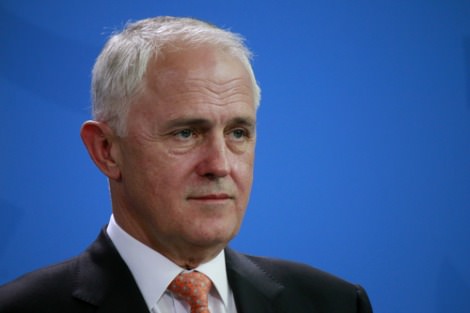
AUSTRALIA
- Fatima Measham
- 04 May 2016
3 Comments
In democracies, public sentiment is meant to be taken seriously. Describing something as populist is a refusal to engage with the sentiment, including its source and complications, usually because we find it disagreeable. The subtext is: people are wrong about the things they care about. They are not being rational or realistic. It is a brave thing to say these days about support for a royal commission into banks, or softening public attitudes toward detention-bound children.
READ MORE 
-
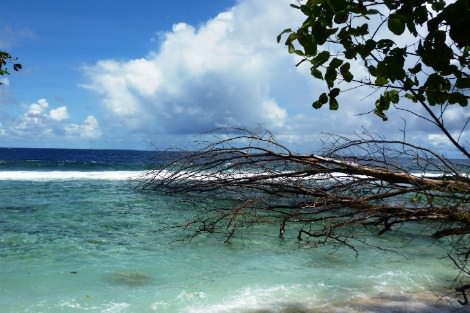
INTERNATIONAL
- Kerry Murphy
- 29 April 2016
9 Comments
This week we learnt that the human rights protection for asylum seekers in our former colony Papua New Guinea are more protected by the PNG constitution than they would be in Australia. The PNG government has quickly moved not to change the law and constitution, but to make arrangements to close the centre and ask Australia to take back the asylum seekers. Already PNG lawyers are talking about claims for compensation for the unlawful detention, and rightly so.
READ MORE 